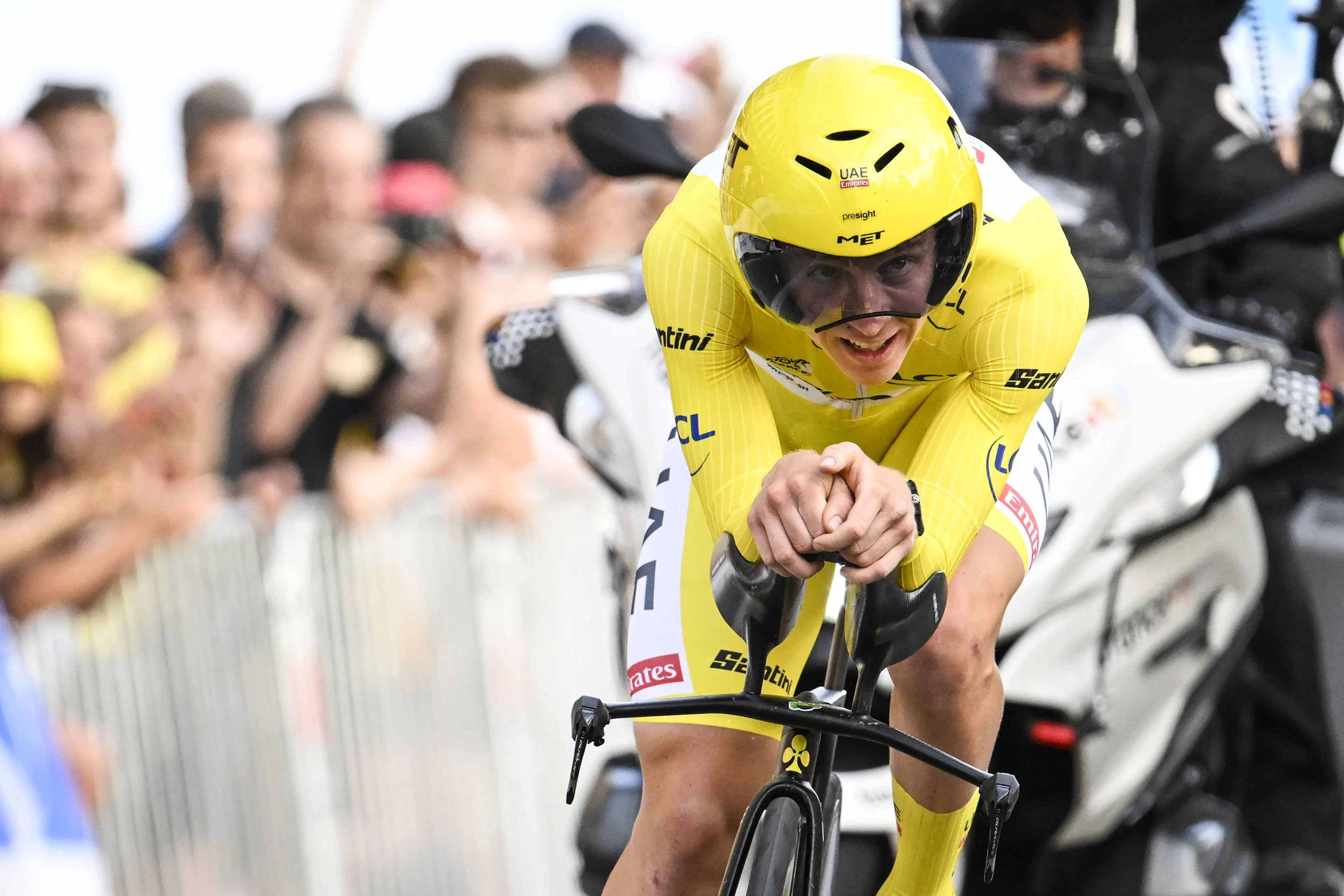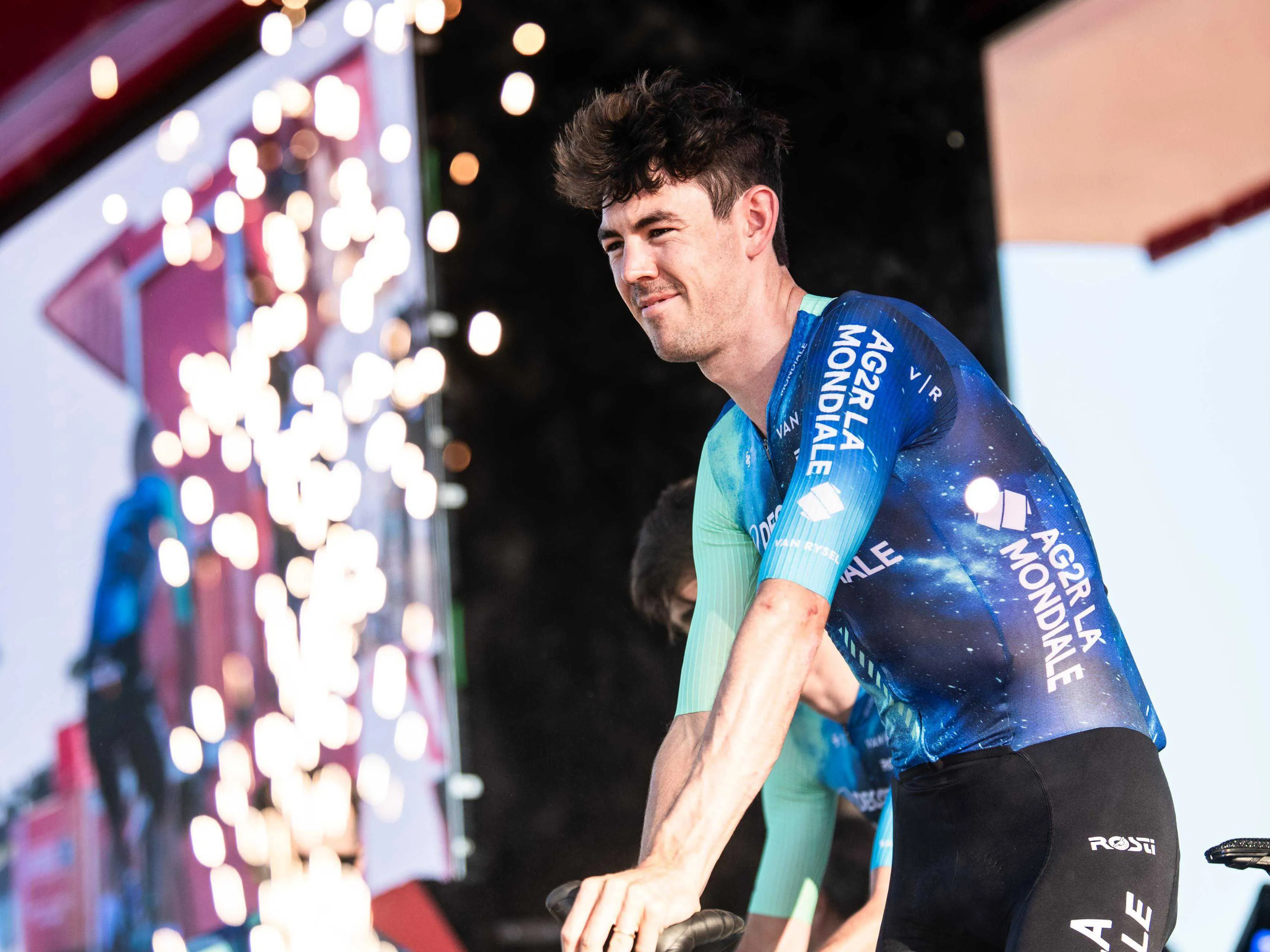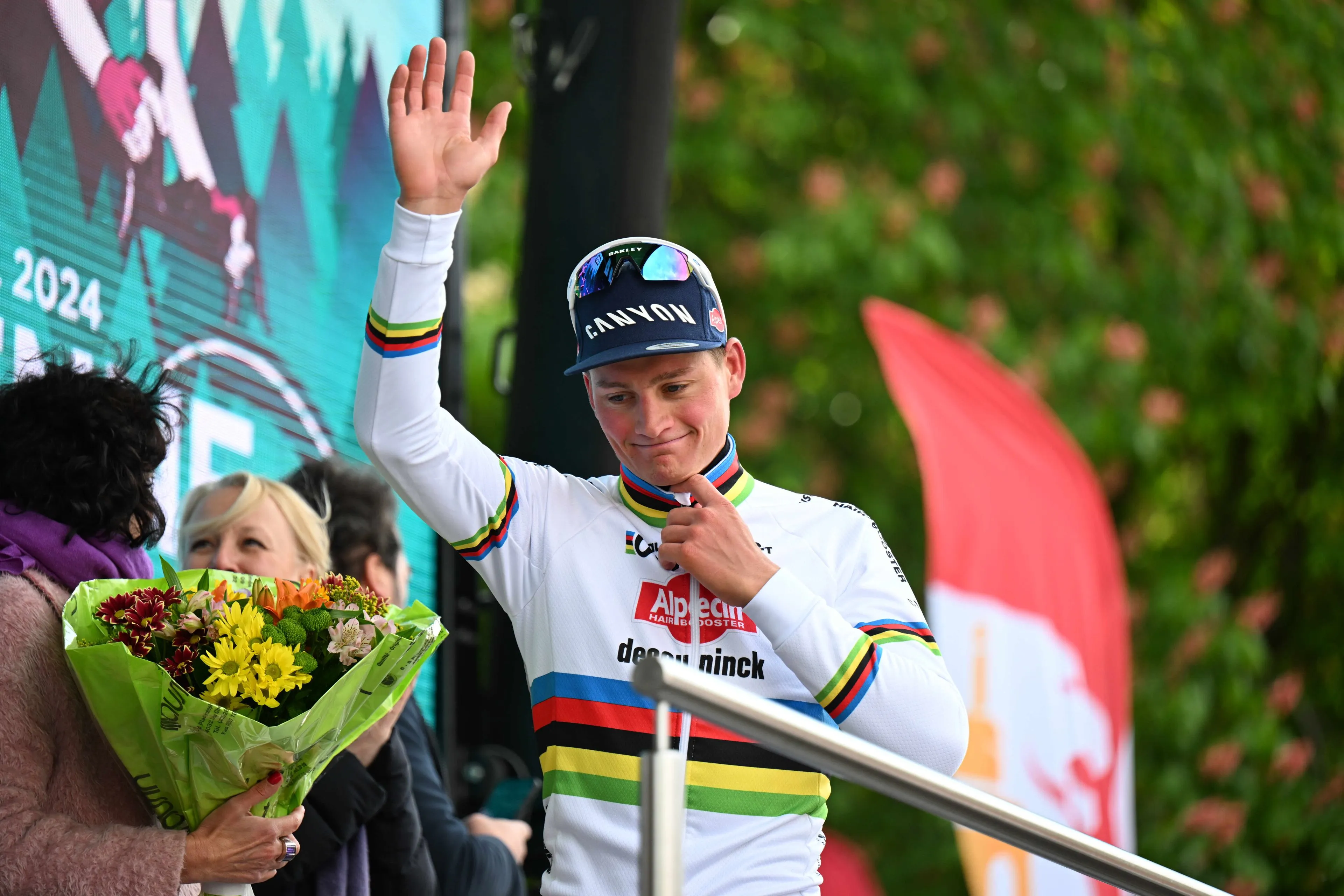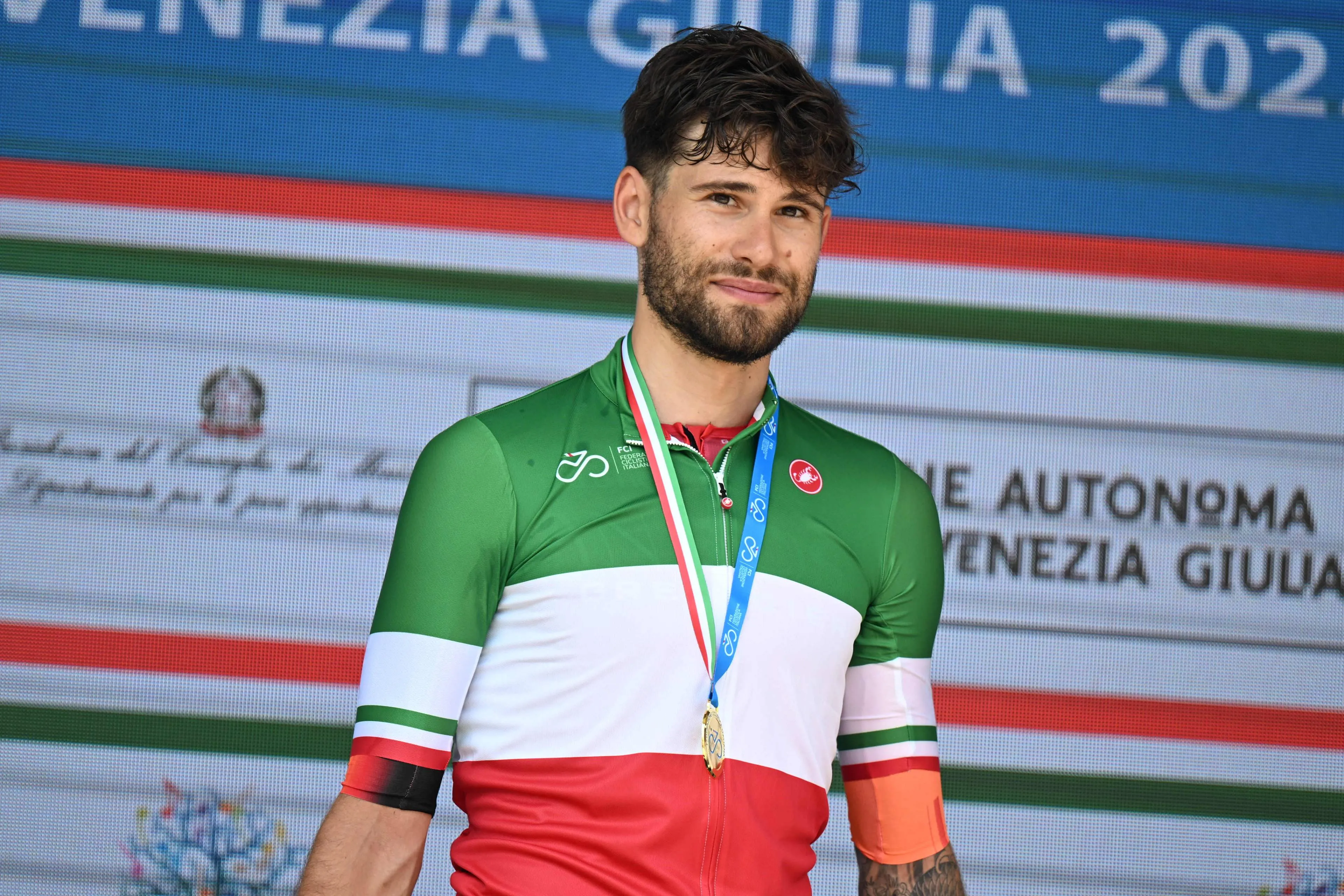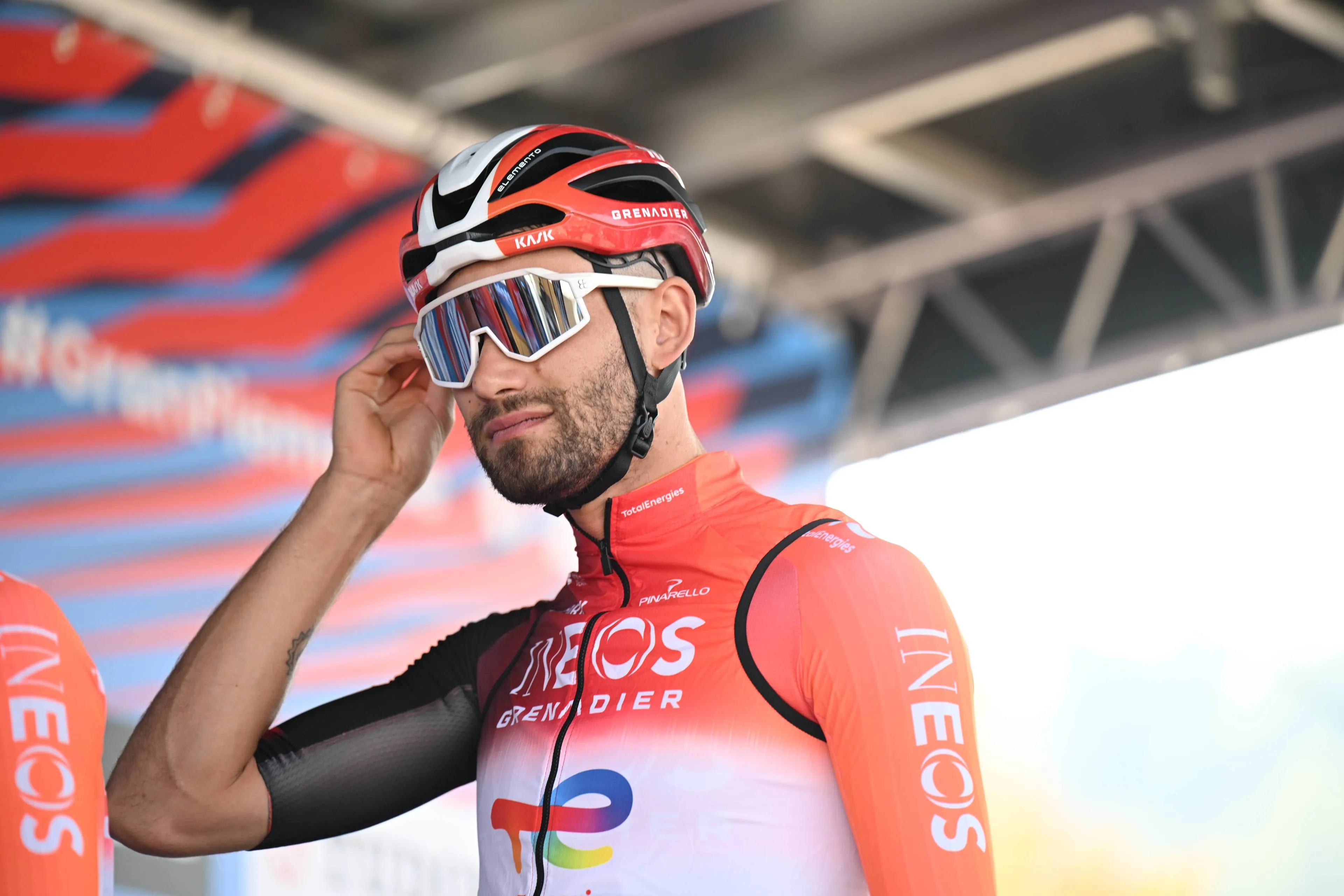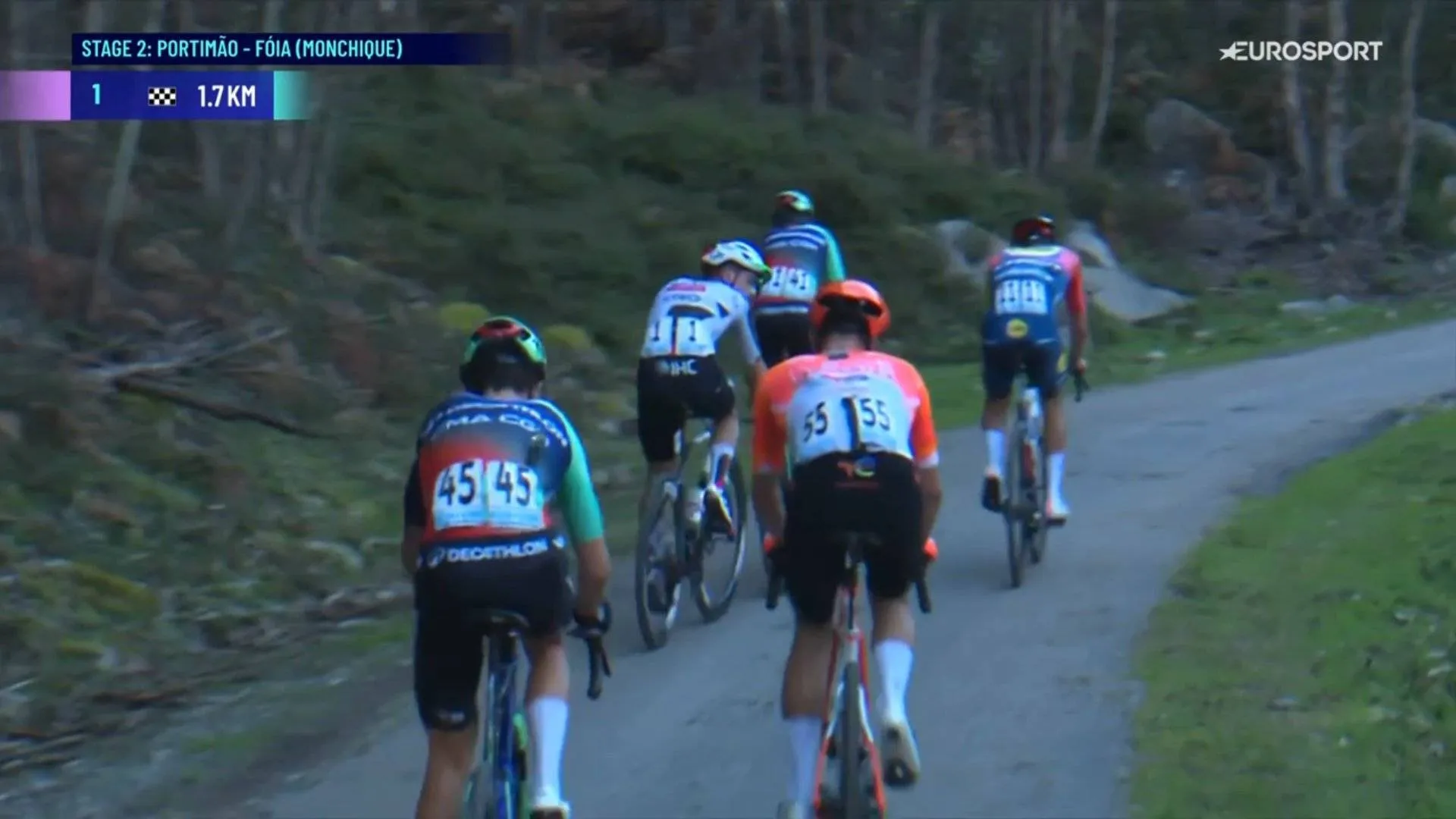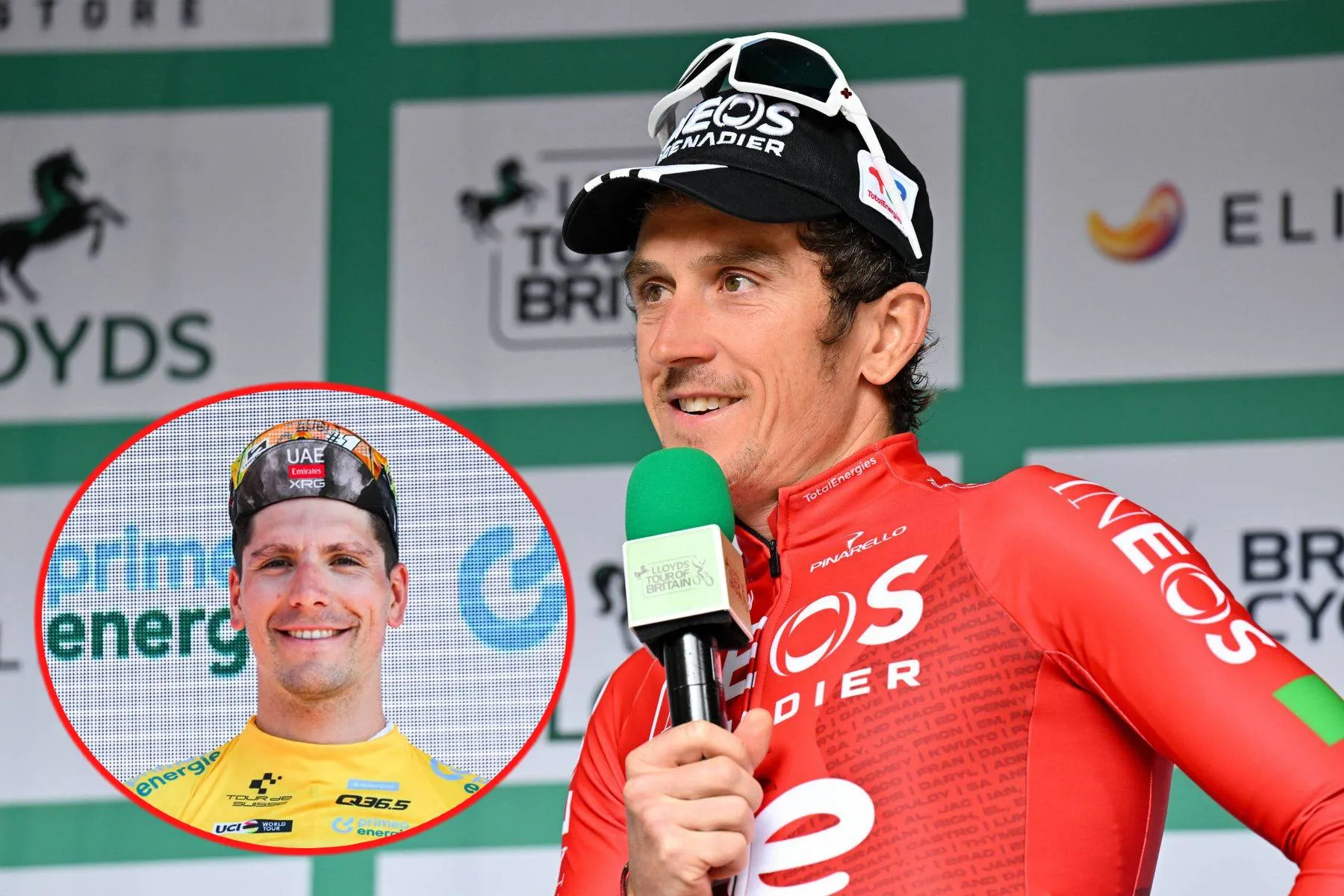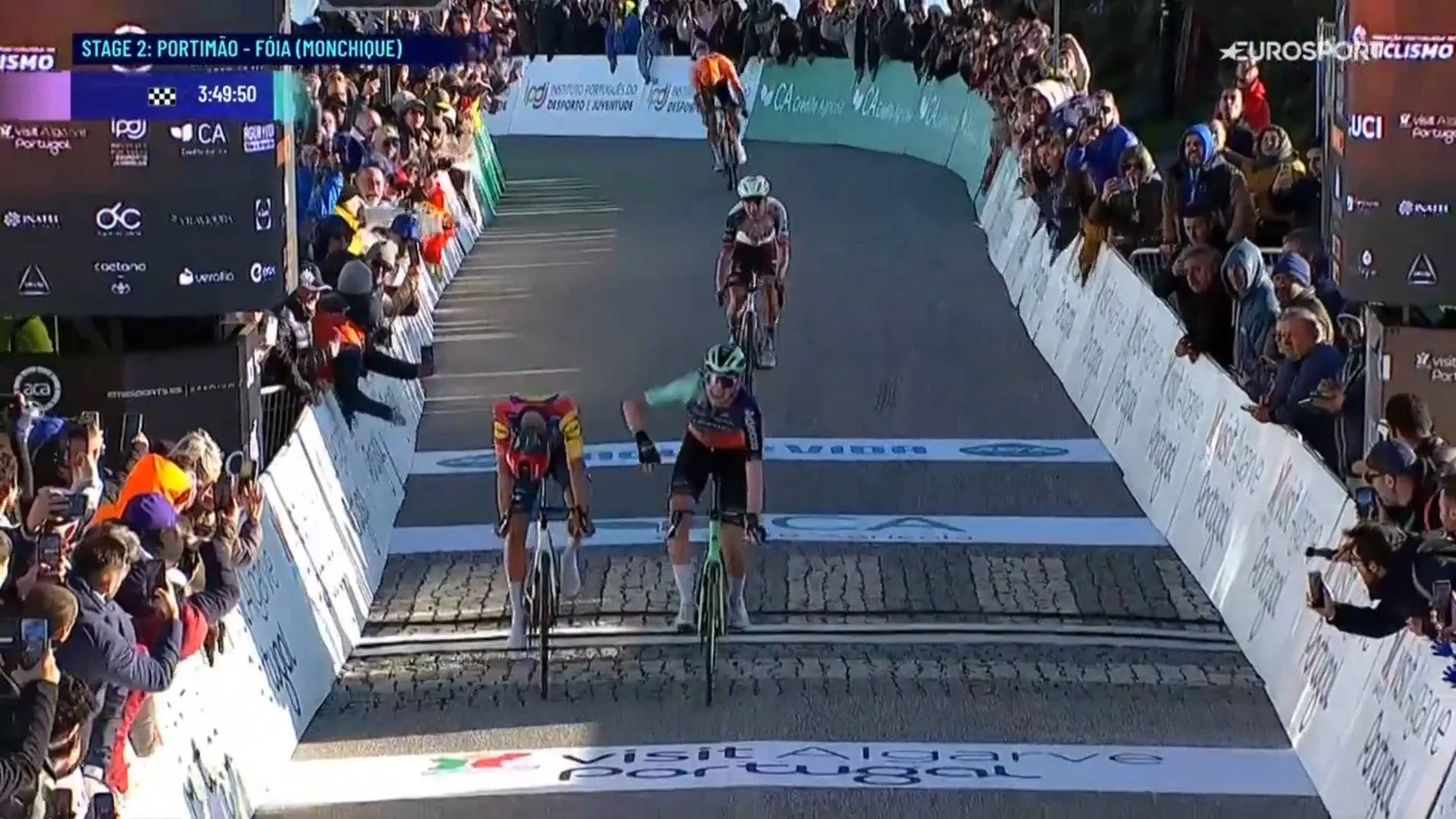ANALYSIS: Can Mathieu van der Poel defend his World Championship title?
CyclingThursday, 26 September 2024 at 15:00

The men’s elite road race on Sunday, September 29th,
promises to be a spectacle of endurance, tactics, and explosive attacks. As the
marquee event of the 2024 UCI Road World Championships, cycling fans around the
globe will be watching closely, especially to see if defending champion Mathieu
van der Poel can replicate his heroic victory from last year. But this year’s
race in Zurich presents a different kind of challenge , one that may play to
the strengths of climbers and all-rounders more than powerful, explosive riders
like van der Poel.
Standing in his way are some of the biggest names in the
sport. Tadej Pogačar, who has had an extraordinary 2024, winning both the Giro
d’Italia and the Tour de France, is determined to add the rainbow jersey to his
already illustrious career. Meanwhile, Remco Evenepoel, the newly crowned World
Time Trial Champion and 2024 Olympic road race winner, will be eager to regain
the world road race title he won in 2022. With a course featuring over 4,400
meters of elevation gain, van der Poel faces a true test of his all-around
abilities, but can he hold onto the coveted rainbow stripes?
The Course: A Climbers' Playground?
The 273.9 km course in Zurich is an unforgiving one, with
several long, grinding climbs and fast technical descents that will challenge
the most seasoned riders. It’s a race designed to push every rider to their
limit, and in many ways, it’s not a course that naturally plays to van der
Poel’s strengths. With over 4,400 meters of climbing, the route favours
lighter, more specialized climbers who can cope with the relentless elevation
gain.
Read also
Unlike last year’s Glasgow circuit, which featured numerous
short, punchy climbs suited to van der Poel’s explosive style, the Zurich route
will see riders tackle longer, more sustained climbs. The key climbs on the
route include gradients that stretch for several kilometres, a stark contrast
to the more punchy terrain of Glasgow.
This kind of course will likely see a steady whittling down
of the peloton as each climb saps the energy from the legs of those who can’t
keep up. The final circuits around Zurich will be especially punishing, with
their combination of sharp bends and long ascents, setting the stage for a
dramatic final few hours of racing. For van der Poel, the challenge will be not
just in managing these climbs, but in ensuring he has the reserves left to make
an impact in the final stages.
Despite the course being stacked against him, Mathieu van
der Poel has shown, time and time again, that he cannot be written off. In
fact, his form heading into the World Championships has been promising. His
recent victory on Stage 1 of the Tour de Luxembourg, for instance, demonstrated
that he remains a force to be reckoned with. That stage, a 158 km race with
four categorised climbs and 2,578 meters of elevation, may not have been as
taxing as the World Championship route, but it did prove van der Poel’s ability
to perform on challenging terrain.
Read also
In addition to that, his victory at last year’s World
Championships in Glasgow came on a course with 3,570 meters of climbing — not
entirely dissimilar to the Zurich route, although the nature of the climbs in
Glasgow was more favourable to van der Poel’s explosive style. What made his
2023 victory so remarkable was not just the manner of his dominance, but the
fact that he recovered from a crash and still managed to beat his closest
rival, Wout van Aert, by a whopping 1 minute and 37 seconds. This year’s course
may not allow the same kind of dominance, but if anyone can adapt to a new set
of challenges, it’s van der Poel.
In terms of preparation, van der Poel has reportedly been
focusing on dropping weight to improve his climbing ability, a move that could
pay dividends on the tough climbs of Zurich. Known for his larger frame
compared to the lightweight climbers he’ll face, van der Poel’s ability to
manage his power-to-weight ratio on long climbs will be critical.
Physique: Can Size Work Against Him?
At 6’1” and around 75 kg, van der Poel is certainly one of
the bigger riders in the professional peloton. This makes him a powerful
presence on the bike, capable of producing the kind of explosive efforts that
win him races like the Tour of Flanders and the Strade Bianche. However, on
long, sustained climbs, that extra mass becomes a disadvantage compared to the
more featherweight climbers like Pogačar or Evenepoel, both of whom are more
compact and built to thrive on prolonged ascents.
While van der Poel has been known to grind his way up even
the toughest climbs, there’s no doubt that this course will require him to ride
more conservatively than he might on a course with less elevation. Reports
suggest that he has taken steps to lose weight in anticipation of the World
Championships, with the aim of improving his ability to compete on the longer
climbs. But it’s unclear whether this strategy will be enough to overcome the
natural disadvantage he faces against the lighter climbers.
Read also
The Rivals: Pogačar and Evenepoel
Perhaps the two most dangerous threats to van der Poel’s
title defence come in the form of Tadej Pogačar and Remco Evenepoel — both of
whom have enjoyed sensational seasons in 2024.
As a double Grand Tour winner this year, Pogačar enters the
World Championships as the best rider in the world. Though he has never won the
rainbow jersey, the 26-year-old Slovenian has all the tools needed to do so.
His climbing ability is unmatched, and his tactical nous means that he can take
advantage of any opportunity that presents itself. Pogačar has a reputation for
launching devastating solo attacks, and on a course like Zurich, this could be
his moment to claim his first world title. Van der Poel will need to keep a
close eye on him, particularly in the later stages of the race when Pogačar is
most likely to make his move.
Having obliterated the competition in the Olympic road race
and recently claimed his second World Championship time trial title, Remco Evenepoel
is another rider van der Poel must be wary of. The Belgian’s sheer power and
ability to ride at the front for long periods make him a formidable opponent on
a course like this. In 2022, Evenepoel won the World Championship road race with
a solo attack, a tactic he may well try to repeat in Zurich. For van der Poel,
staying in contact with Evenepoel on the longer climbs will be essential if he
hopes to defend his title.
Read also
Conclusion: A Tough Defence, But Not Impossible
Mathieu van der Poel faces an uphill battle — both literally
and figuratively — in defending his World Championship title. The course in
Zurich, with its long, punishing climbs, will test his endurance in a way that
last year’s route in Glasgow did not. However, van der Poel’s ability to rise
to the occasion, even when the odds seem stacked against him, makes him a rider
that should never be counted out.
Pogačar, Evenepoel, and others will be formidable opponents,
but van der Poel’s unique combination of power, tactical intelligence, and
sheer determination gives him a fighting chance. If he can stay in contact on
the longer climbs and conserve his energy for the final push, van der Poel may
yet surprise us all and defend his rainbow jersey.
claps 2visitors 2
Just in
Popular news
Latest comments
- I was going to post the same comment. He just can’t catch a break.Pedalmasher20-02-2026
- Totally agree. This kid has a bright future.Pedalmasher20-02-2026
- The thing is, he never has to worry about his career because he can spend the rest of his life living rent-free in your head.antipodeanpedalfan20-02-2026
- That's true, but you can't count out a resurgence from him later like Vingegaard did in 2025 (although he was 10 seconds behind, not 30)
 Rafionain-Glas19-02-2026
Rafionain-Glas19-02-2026 - Lipowitz ddn't really keep up to the big boys today either.....mobk19-02-2026
- Yes, the guy is no fluke. Even if he fails to improve over the next 15 years he’ll do damage. That young blood is going to keep the establishment working hard.Mistermaumau19-02-2026
- This excuse is harmless, just quaint and amusing. The excuse I really disliked was when he accused a mechanic of improperly adjusting his saddle, endangering the mechanic's job: blaming others for your own limitations is a serious matter.
 maria2024202419-02-2026
maria2024202419-02-2026 - ok so this is impressive - I trashed this guy all winter, get a pro win before the anointing. against a quality field. And Onley and Riccitello look good too. fun to see young blood.mij19-02-2026
- Minor flaws.... thats like suggesting Genghis Khan was a bit aggressive with other countriesslappers6619-02-2026
- Then you carry on if that's what makes you happyslappers6619-02-2026
Loading
4 Comments

